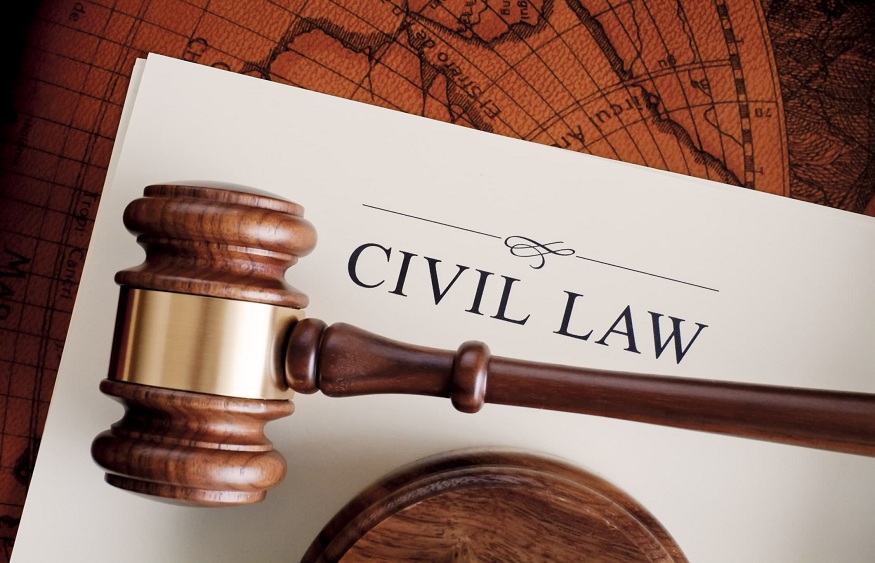Vaccines have been an incredibly important tool in public health for preventing and controlling the spread of infectious diseases. However, like any medical intervention, vaccines can come with risks, including the potential for injury or adverse reactions. The ethical questions that arise from these risks are complex, particularly when it comes to balancing the individual rights of patients with the public health concerns that underlie the use of vaccines. In this article, we will explore the ethics of vaccine injury and the challenges of balancing individual rights and public health concerns, with a focus on the MMR vaccine injury and flu shot injury.
Understanding Vaccine Injury
Before diving into the ethical considerations, it’s important to understand what we mean by “vaccine injury.” While vaccines are generally safe, they can sometimes cause adverse reactions or side effects. These reactions can range from mild (such as soreness at the injection site) to severe (such as anaphylaxis or seizures). In some cases, vaccines have been associated with more serious injuries or conditions, such as Guillain-Barré Syndrome or autoimmune disorders.
It’s worth noting that while vaccine injuries can be serious, they are also relatively rare. The vast majority of people who receive vaccines do not experience any adverse reactions, and the benefits of vaccination far outweigh the risks. However, when vaccine injuries do occur, they can raise important ethical questions about how to balance individual rights and public health concerns.
Individual Rights vs. Public Health Concerns
Patients have a right to make informed decisions about their own healthcare, including whether or not to receive vaccines. This right is grounded in the principle of autonomy, which holds that individuals have the right to make their own choices about their bodies and healthcare. If a patient is concerned about the risks of a vaccine, they may choose not to receive it.
The MMR Vaccine and Vaccine Injury
One vaccine that has been at the center of the vaccine injury debate is the measles, mumps, and rubella (MMR) vaccine. In the late 1990s, a study published in The Lancet suggested a link between the MMR vaccine and autism. This study, which has since been thoroughly discredited, led to a significant decrease in MMR vaccination rates in some countries, and a corresponding increase in cases of measles and other diseases.
While there is no evidence to support a link between the MMR vaccine and autism, some parents remain concerned about the safety of the vaccine. This has led to debates about whether parents should have the right to choose not to vaccinate their children, even if it means putting the broader community at risk.
From an ethical standpoint, there are several considerations at play here. On the one hand, parents have a right to make healthcare decisions for their children. This right is grounded in the principle of parental autonomy, which holds that parents are best positioned to make decisions about their children’s health and well-being.
However, this right is not absolute. When a parent’s decision not to vaccinate their child puts other children and vulnerable populations at risk, it may be justifiable to limit that decision in the interest of the broader community. This is particularly true when it comes to highly contagious diseases like measles, which can spread rapidly and have serious health consequences.
Flu Shot Injury and the Ethics of Informed Consent
Another vaccine that has been associated with injury is the flu shot. While the flu shot is generally safe, it can sometimes cause adverse reactions or side effects, such as fever or soreness at the injection site. In rare cases, it may also be associated with more serious injuries, such as Guillain-Barré Syndrome.
When it comes to the MMR vaccine injury and flu shot injury, one important ethical consideration is informed consent. Informed consent is a fundamental principle in medical ethics, which holds that patients have a right to receive information about the risks and benefits of medical interventions so that they can make informed decisions about their healthcare. This principle is particularly important when it comes to vaccines, which are typically administered to healthy individuals for disease prevention rather than treatment.
When healthcare providers administer vaccines without obtaining informed consent, or provide incomplete or misleading information about the risks and benefits of vaccination, they undermine patients’ autonomy and may contribute to vaccine hesitancy or refusal. On the other hand, when patients are fully informed about the risks and benefits of vaccination, they are better equipped to make informed decisions that balance their individual rights with the public health benefits of vaccination.
Conclusion
Balancing individual rights and public health concerns when it comes to vaccine injury can be a complex and challenging issue. While vaccines are a critical tool in preventing the spread of infectious diseases, it is important to also recognize the rights and needs of individuals who may experience adverse reactions.
With the right legal representation by Vaccine Law, you can ensure that your voice is heard and that you receive the care and compensation you deserve. By working together to address concerns about vaccine injury, we can help to ensure that everyone has access to the life-saving benefits of vaccination while also protecting the rights and needs of individuals who may experience adverse reactions.





